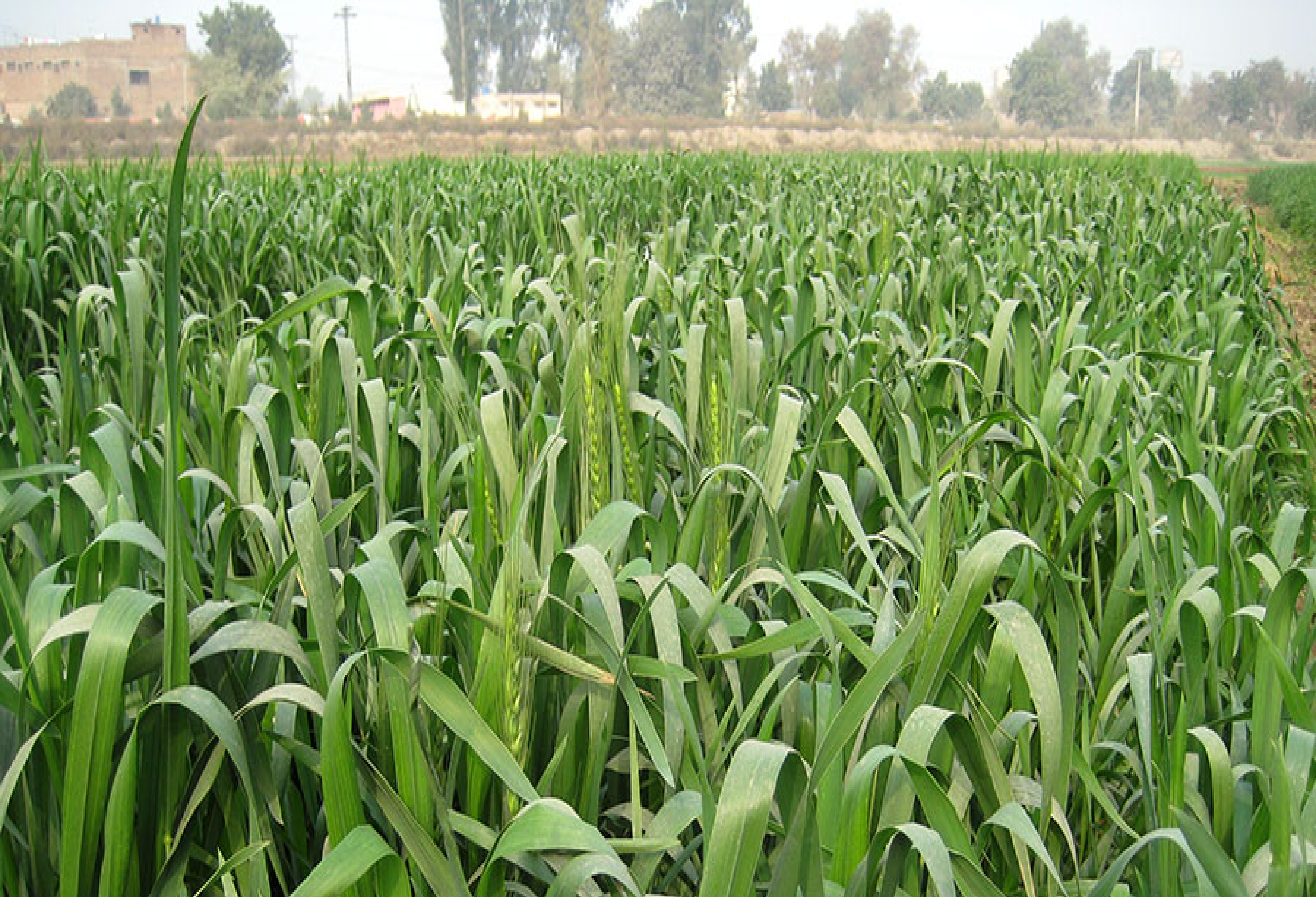Asia Region
Main Contacts for Initiative
India: Nataraja Subash, Vellingri Geethalakshmi, Naresh Kumar, and Dakshina Murthy.
Brief Description of Activity
National Initiatives
- India: NICRA, FASAL, SUU- Programmes
- China – green grain, arable land shift to west
Region specific models – climate/ crop/ economic
- India: PRECIS, INFICROP
- China: MODES, MCWLA, PRECIS
Integration of these initiatives with AgMIP
- Identify missing links and possibilities
- National level economic assessment models are missing (Regional/ subnational available)
- AgMIP should build up another layer on Broader economy, policy, social safety net, changing trade policies
- Asia – AgMIP – Virtual GroupCollaboration with ACIAR, SAARC, ASEAN and other groups
Overview of Participants
Represented by scientists India, Australia and China covering National (ICAR, TNAU, USDA/FAS) and International (ICRISAT, IFFRI, CSIRO, Univ. of YORK)
Issues
India: Adaptation is primary / Mitigation considered as co- benefit/ Crop diversification in mono cropped area / Incentivizing the special crops like minor millet / Over use of ground and surface water / NUTRI BASKET by ICRISAT
China: Biggest emitters – mitigation is important/ Nutritional security issues – import a lot from Global market/ Govt. policy- Sustainable intensification – Expansion of area under Arid and Semi-Arid region – concern on ecosystem changes


Reports or Papers submitted/published soon
Regional Assessment book chapters -2
Journal articles – 3 from South India + 2 from IGB Austral: Mitigation in Australian range Farms
Push Mechanism
- What pressing problems require scientific solution?
- Single crop to cropping system analysis – developing local experiences to run the model
- Expanding AgMIP activities to new crops
- Extreme events – primary & Secondary impacts
Pull Mechanism
- What pressing problems require scientific solution?
-
Link with national economists and economic modellers who need the information coming from AgMIP to better understand the impacts of shocks on crops/ livelihoods, etc
